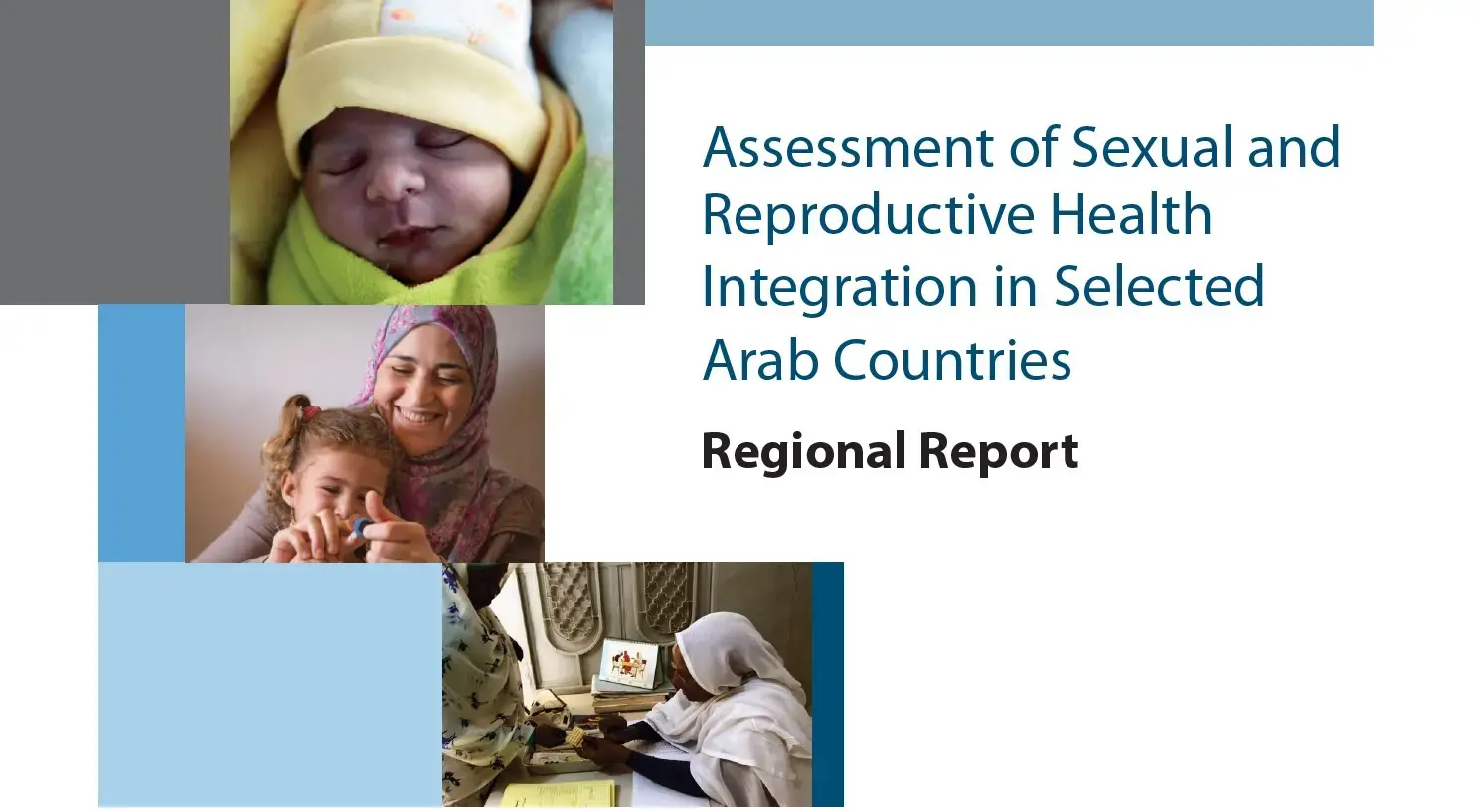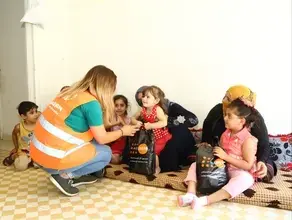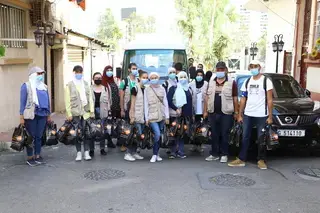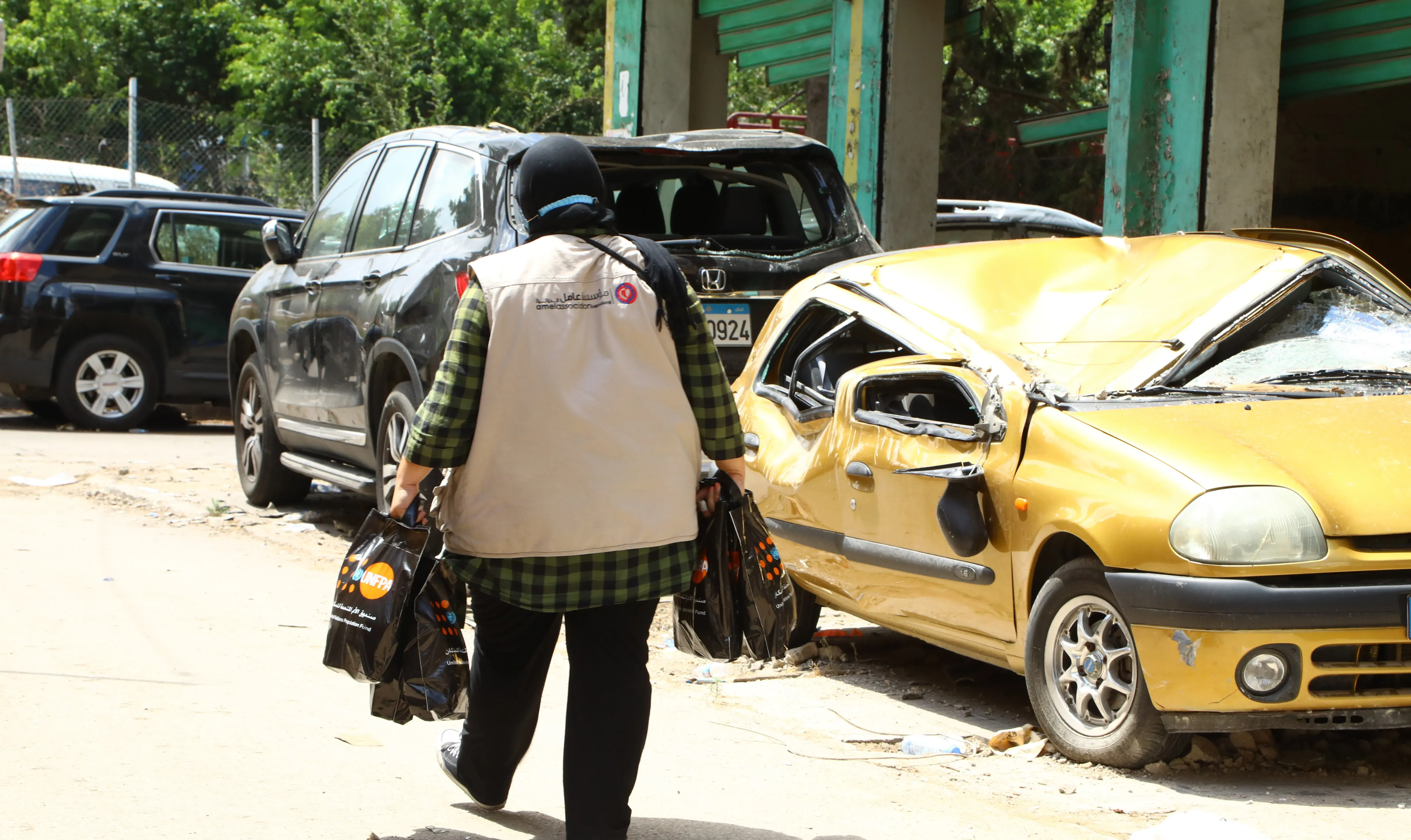Integrated sexual and reproductive health (SRH) services, delivered effectively and efficiently, are pre-requisites for universal access to SRH services. Integration strategies aim to improve efficiency, increase access to health services, improve clients’ satisfaction with care and improve health status. Several challenges are associated with adopting integrated
approaches, however, at the strategic and operational levels.
The Arab States Region consists of countries with widely diverse income levels, cultural norms, and political and health systems. Despite the health sector reforms undertaken in many Arab countries, continuous political unrest and armed conflict put additional burdens on health care systems already suffering from fragmentation and poor quality of care.
The Middle East and North Africa Health Policy Forum, under collaborative agreement with the Arab States Regional Office (ASRO) of the United Nations Population Fund (UNFPA), undertook this assessment to develop a comprehensive overview of SRH integration in public health systems in Arab countries. This exercise intends to support the prioritization of SRH in health development and advocacy efforts in Arab countries. It aims to describe health systems’ readiness to integrate SRH, family planning and HIV services within primary health care in six selected Arab countries—Egypt, Jordan, Kingdom of Saudi Arabia (KSA), Morocco, Palestine and Sudan.
The country consultants collected data from published country reports, UN agency reports and stakeholder interviews, using an assessment tool provided by the regional consultant. They presented their findings based on triangulation of the data collected, and made countryspecific recommendations in separate reports. This report synthesizes the findings from the country reports and draws recommendations relevant for the region as a whole.
The six countries included in this assessment are characterized by complex healthcare systems, consisting of the governmental and/or public, private and civil society sectors. Primary health care is prominent in these healthcare systems; however, it suffers from fragmentation, poor infrastructure and donor-driven agendas.
The ministries of health and health authorities at the central/federal, regional and district levels manage and oversee SRH programing and service provision.
They work in collaboration with several UN agencies. The UN Relief Work Agency plays a major role in providing services to Palestinian refugees in Jordan and Palestine. The UN High Commissioner for Refugees and UNFPA address the SRH needs of populations affected by conflict in Syria and Sudan. Civil society organizations provide SRH services in Egypt, Palestine, Jordan and Morocco. In addition, Egypt and Jordan have a large private sector. SRH programs and services are heavily reliant on government funding in these countries.





